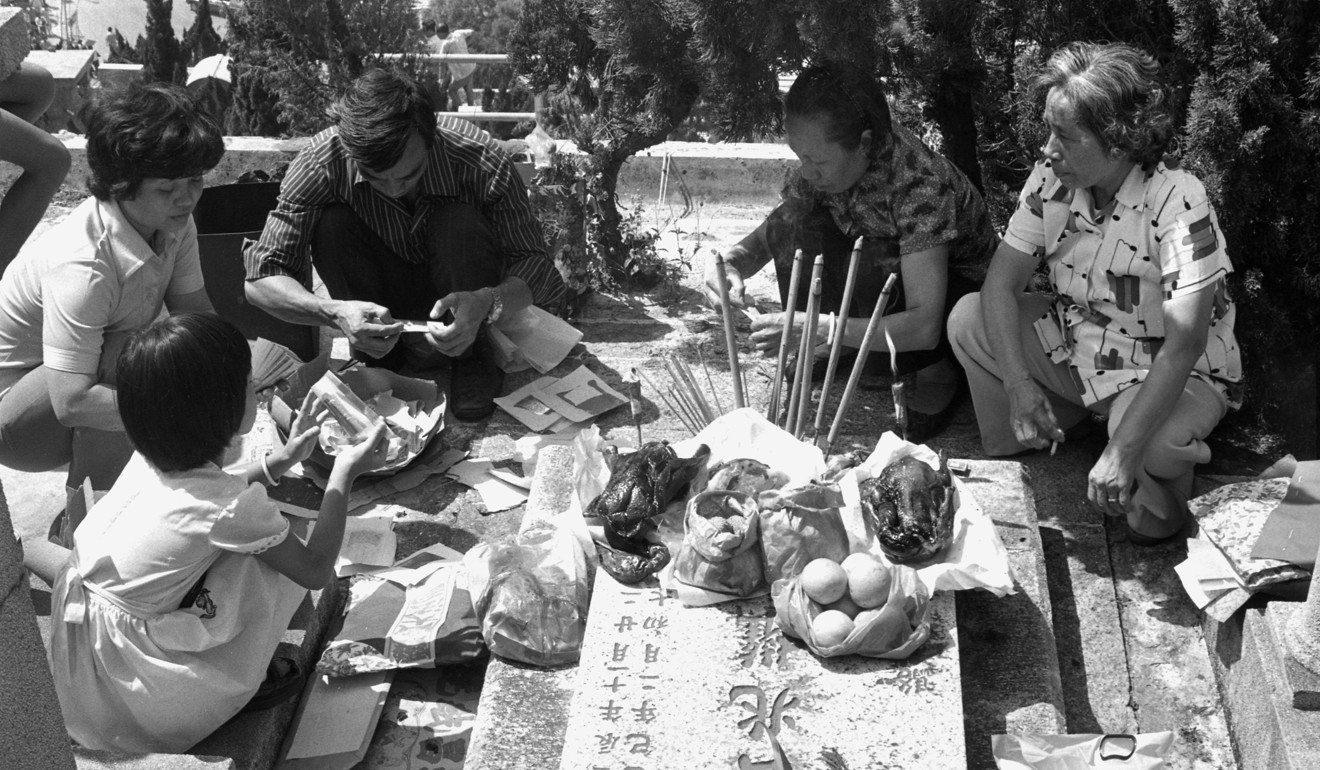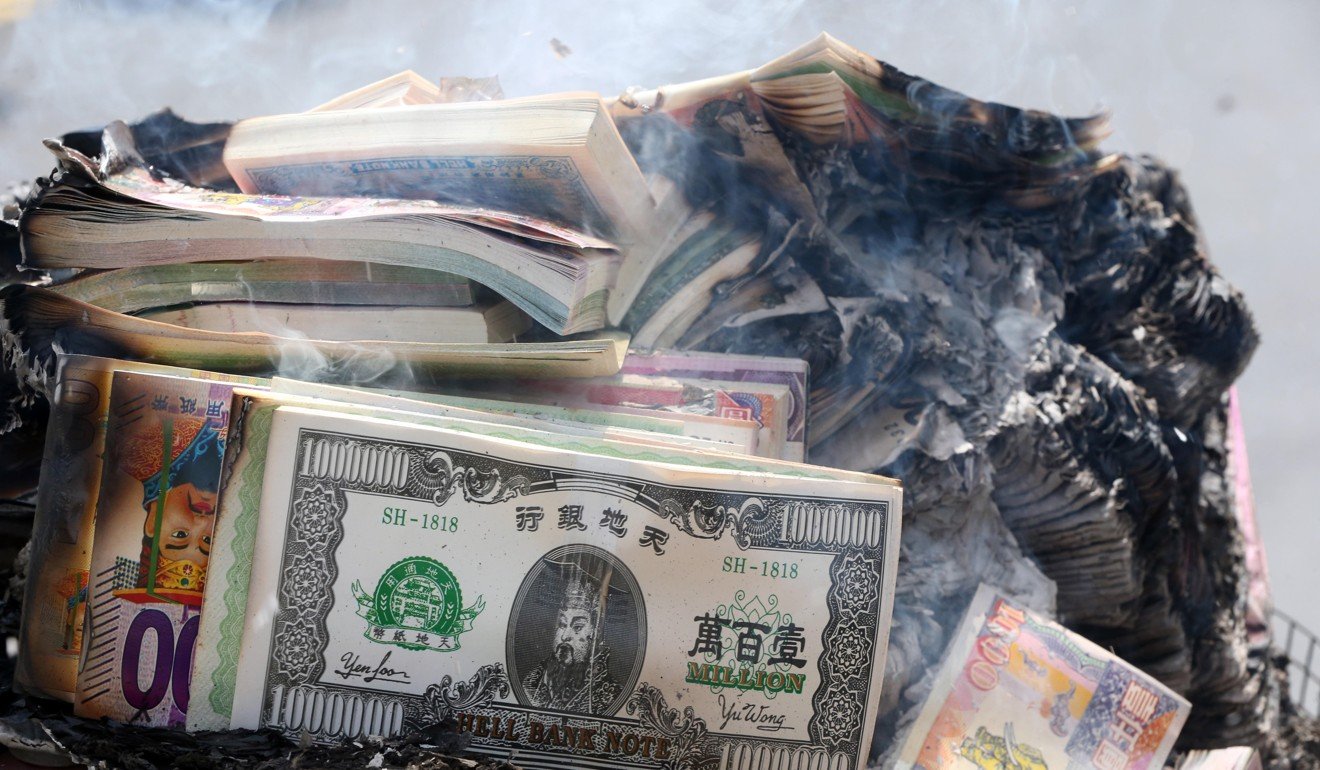
Chung Yeung Festival: has the celebration lost its true meaning?
Why few people care to understand the significance of traditional Chinese festivals any more
It is Chung Yeung Festival on Saturday. To be honest, before I moved to Hong Kong, I didn’t know the festival was still celebrated, let alone designated a statutory holiday. Unlike Mid-Autumn with its mooncakes, Tuen Ng with its dragon boats and Lunar New Year with its merriment and stress in equal measure, Chung Yeung doesn’t have a “hook” for most people to latch on to and say, “This is what and how people celebrate.”
Personal touch of traditional tomb sweeping in Hong Kong lacking in online memorials
In Singapore, where I am from, Lunar New Year is the only traditional Chinese festival that’s a public holiday. The rest are celebrated privately, but many Chinese Singaporeans observe them perfunctorily or ignore them altogether.

However, the Hungry Ghost Festival (September 5, this year) is huge there, and observances could go on for an entire month, with the corollary bonfires and filth. (For the sake of the environment, couldn’t we just burn a cheque or shopping voucher instead of multiple stacks of underworld banknotes and pretend Porsches?)
Photos: Chung Yeung Festival
So, what do people do during Chung Yeung (or Chongyang in Mandarin)? Many in Hong Kong remember the dead by visiting graves and columbaria, in the same way as they do on Ching Ming in spring, but there are other aspects of the festival that modern-day Chinese seem to have forgotten or abandoned.

Copious references in historical texts and poems mention, in particular, people drinking chrysanthemum-infused liquor and carrying twigs or leaves of the dogwood plant, supposedly to fend off certain diseases, as they go hiking in the hills on the ninth day of the ninth month in the traditional Chinese calendar.
Chung Yeung was probably an agricultural feast day related to autumn harvests, but most people today don’t know or care.

